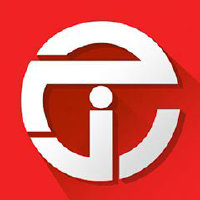
Jarir Marketing Company SJSC
SAU:4190
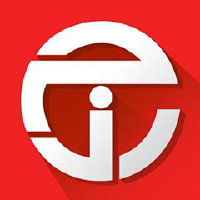
Profitability Summary
Jarir Marketing Company SJSC's profitability score is 69/100. We take all the information about a company's profitability (such as its margins, capital efficiency, free cash flow generating ability, and more) and consolidate it into one single number - the profitability score. The higher the profitability score, the more profitable the company is.

Score
We take all the information about a company's profitability (such as its margins, capital efficiency, free cash flow generating ability, and more) and consolidate it into one single number - the profitability score. The higher the profitability score, the more profitable the company is.
We take all the information about a company's profitability (such as its margins, capital efficiency, free cash flow generating ability, and more) and consolidate it into one single number - the profitability score. The higher the profitability score, the more profitable the company is.

Score

Score
Margins
Profit margins represent what percentage of sales has turned into profits. Simply put, the percentage figure indicates how many cents of profit the company has generated for each dollar of sale.
Profit margins help investors assess if a company's management is generating enough profit from its sales and whether operating costs and overhead costs are being contained.
Earnings Waterfall
Jarir Marketing Company SJSC

|
Revenue
|
10.8B
SAR
|
|
Cost of Revenue
|
-9.5B
SAR
|
|
Gross Profit
|
1.3B
SAR
|
|
Operating Expenses
|
-251.7m
SAR
|
|
Operating Income
|
1B
SAR
|
|
Other Expenses
|
-76.4m
SAR
|
|
Net Income
|
971.8m
SAR
|
Margins Comparison
Jarir Marketing Company SJSC Competitors

| Country | Company | Market Cap |
Gross Margin |
Operating Margin |
Net Margin |
||
|---|---|---|---|---|---|---|---|
| SA |

|
Jarir Marketing Company SJSC
SAU:4190
|
15.3B SAR |
12%
|
10%
|
9%
|
|
| US |
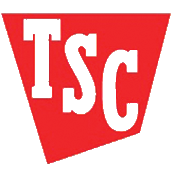
|
Tractor Supply Co
NASDAQ:TSCO
|
29B USD |
36%
|
10%
|
7%
|
|
| CN |

|
Pop Mart International Group Ltd
HKEX:9992
|
210.2B HKD |
67%
|
32%
|
24%
|
|
| CN |
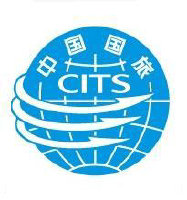
|
China Tourism Group Duty Free Corp Ltd
SSE:601888
|
124.5B CNY |
31%
|
11%
|
9%
|
|
| US |
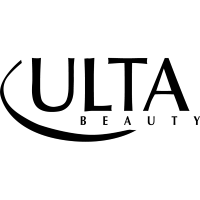
|
Ulta Beauty Inc
NASDAQ:ULTA
|
16.8B USD |
39%
|
14%
|
11%
|
|
| US |
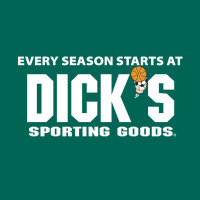
|
DICK'S Sporting Goods Inc
NYSE:DKS
|
16.3B USD |
36%
|
11%
|
9%
|
|
| HK |

|
Chow Tai Fook Jewellery Group Ltd
HKEX:1929
|
88B HKD |
23%
|
7%
|
5%
|
|
| JP |
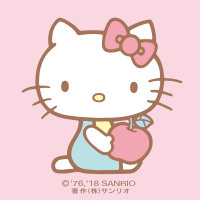
|
Sanrio Co Ltd
TSE:8136
|
1.7T JPY |
76%
|
35%
|
27%
|
|
| NL |
G
|
Grandvision NV
F:8GV
|
7.2B EUR |
72%
|
12%
|
9%
|
|
| US |

|
Bath & Body Works Inc
NYSE:BBWI
|
6.6B USD |
44%
|
17%
|
11%
|
|
| CH |
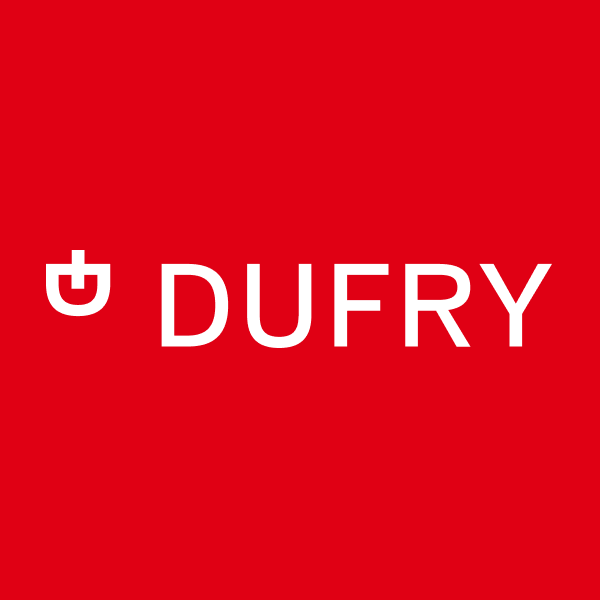
|
Dufry AG
SIX:DUFN
|
4.4B CHF |
62%
|
7%
|
0%
|
Return on Capital
Return on capital ratios give a sense of how well a company is using its capital (equity, assets, capital employed, etc.) to generate profits (operating income, net income, etc.). In simple words, these ratios show how much income is generated for each dollar of capital invested.




Return on Capital Comparison
Jarir Marketing Company SJSC Competitors

| Country | Company | Market Cap | ROE | ROA | ROCE | ROIC | ||
|---|---|---|---|---|---|---|---|---|
| SA |

|
Jarir Marketing Company SJSC
SAU:4190
|
15.3B SAR |
55%
|
23%
|
42%
|
36%
|
|
| US |

|
Tractor Supply Co
NASDAQ:TSCO
|
29B USD |
50%
|
12%
|
20%
|
15%
|
|
| CN |

|
Pop Mart International Group Ltd
HKEX:9992
|
210.2B HKD |
34%
|
25%
|
42%
|
81%
|
|
| CN |

|
China Tourism Group Duty Free Corp Ltd
SSE:601888
|
124.5B CNY |
10%
|
7%
|
10%
|
14%
|
|
| US |

|
Ulta Beauty Inc
NASDAQ:ULTA
|
16.8B USD |
53%
|
21%
|
39%
|
25%
|
|
| US |

|
DICK'S Sporting Goods Inc
NYSE:DKS
|
16.3B USD |
42%
|
12%
|
22%
|
17%
|
|
| HK |

|
Chow Tai Fook Jewellery Group Ltd
HKEX:1929
|
88B HKD |
17%
|
5%
|
23%
|
8%
|
|
| JP |

|
Sanrio Co Ltd
TSE:8136
|
1.7T JPY |
44%
|
21%
|
36%
|
54%
|
|
| NL |
G
|
Grandvision NV
F:8GV
|
7.2B EUR |
34%
|
8%
|
16%
|
9%
|
|
| US |

|
Bath & Body Works Inc
NYSE:BBWI
|
6.6B USD |
-46%
|
16%
|
34%
|
24%
|
|
| CH |

|
Dufry AG
SIX:DUFN
|
4.4B CHF |
3%
|
0%
|
8%
|
4%
|
Free Cash Flow
Free cash flow (FCF) is the money a company has left over after paying its operating expenses and capital expenditures. The more free cash flow a company has, the more it can allocate to dividends, paying down debt, and growth opportunities.
If a company has a decreasing free cash flow, that is not necessarily bad if the company is investing in its growth.




















































 You don't have any saved screeners yet
You don't have any saved screeners yet
